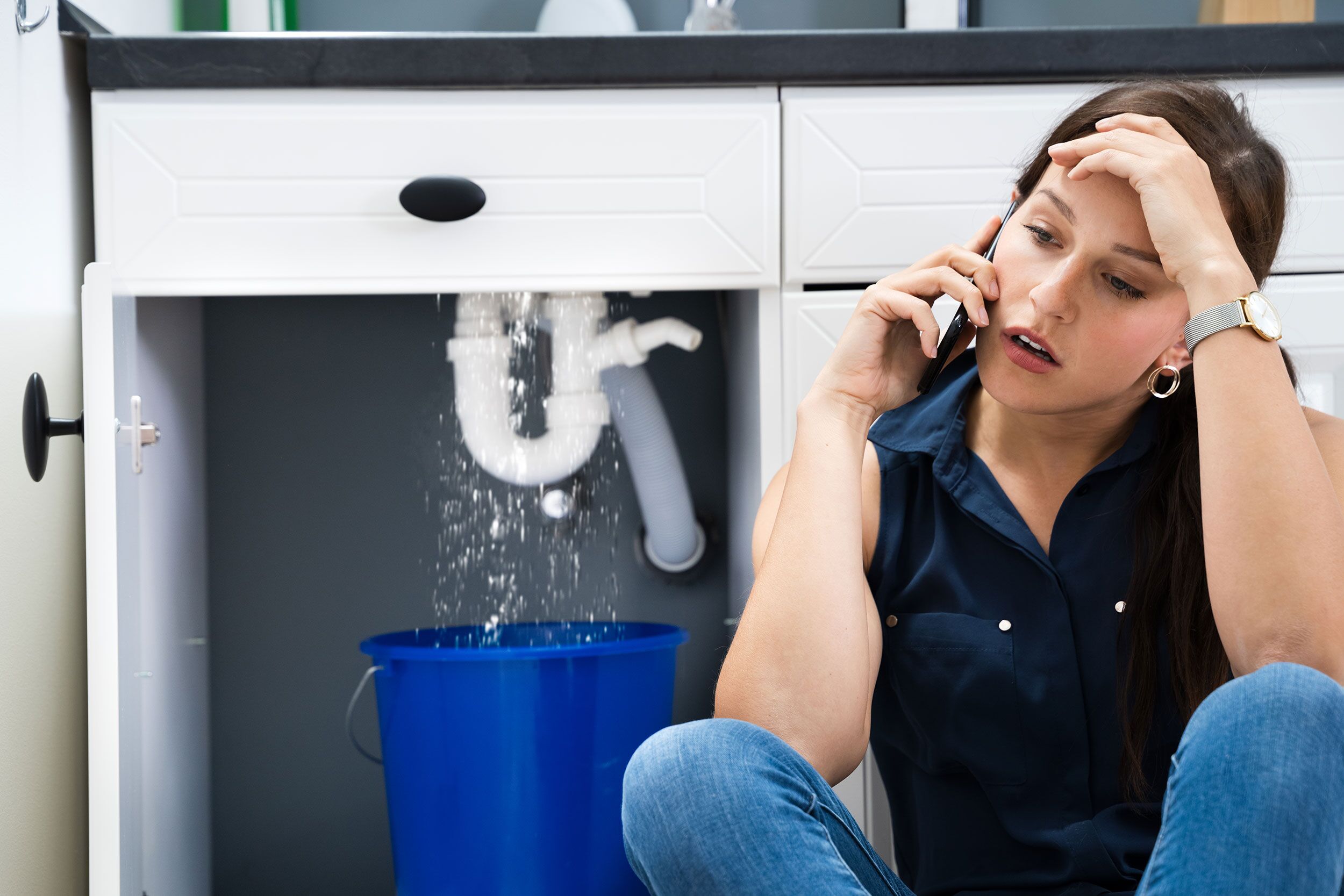
Dealing with a clogged drain is never a pleasant experience, especially when it happens unexpectedly. Instead of panicking and calling a plumber right away, there are several do-it-yourself methods you can try to unclog your drain. This ultimate guide will walk you through the steps and techniques to effectively clean your drains in case of an emergency.
Emergency drain cleaning services utilize specialized equipment and techniques to effectively remove clogs and restore proper drainage. This can help prevent future blockages and ensure that your plumbing system remains in good working condition. By hiring a professional plumber for emergency drain cleaning, you can rest assured that the job will be done right the first time.
Why Do Drains Get Clogged?
Common Causes of Drain Clogs
- Hair and soap scum in bathroom drains
- Food scraps and grease in kitchen sinks
- Dirt, debris, and mineral build-up in drains over time
Signs of a Clogged Drain
- Slow drainage
- Gurgling sounds
- Foul odors coming from the drain
DIY Methods for Emergency Drain Cleaning
1. Boiling Water
Boiling water is one of the simplest and most effective ways to unclog drains, especially for minor clogs caused by grease or soap residue.
2. Baking Soda and Vinegar
This natural and chemical-free method can help break down clogs and clear your drain.
3. Plunger
Using a plunger can help dislodge stubborn clogs in sinks, showers, and toilets. Make sure to create a tight seal and plunge vigorously to remove the blockage.
4. Wire Hanger
Straighten out a wire hanger and create a small hook at one end. Use the hook to pull out hair and debris from the drain.
5. Drain Snake
A drain snake can reach deep into the drain to remove clogs that are out of reach for a plunger or hanger.
Preventing Future Drain Clogs
1. Regular Maintenance
- Use a drain strainer to catch hair, food particles, and other debris before they go down the drain.
- Flush drains with hot water regularly to prevent build-up.
2. Avoid Chemical Drain Cleaners
Chemical drain cleaners can corrode pipes and cause more harm than good in the long run. Opt for natural cleaning methods whenever possible.
3. Professional Inspection
If you experience frequent or persistent drain clogs, it may be time to call a professional plumber to inspect your plumbing system and address any underlying issues.
Conclusion
With the right tools and techniques, you can tackle emergency drain cleaning on your own and save time and money on professional services. Remember to stay calm, assess the situation, and try the DIY methods outlined in this ultimate guide before seeking professional help. By taking preventive measures and maintaining your drains regularly, you can minimize the chances of dealing with sudden clogs in the future.